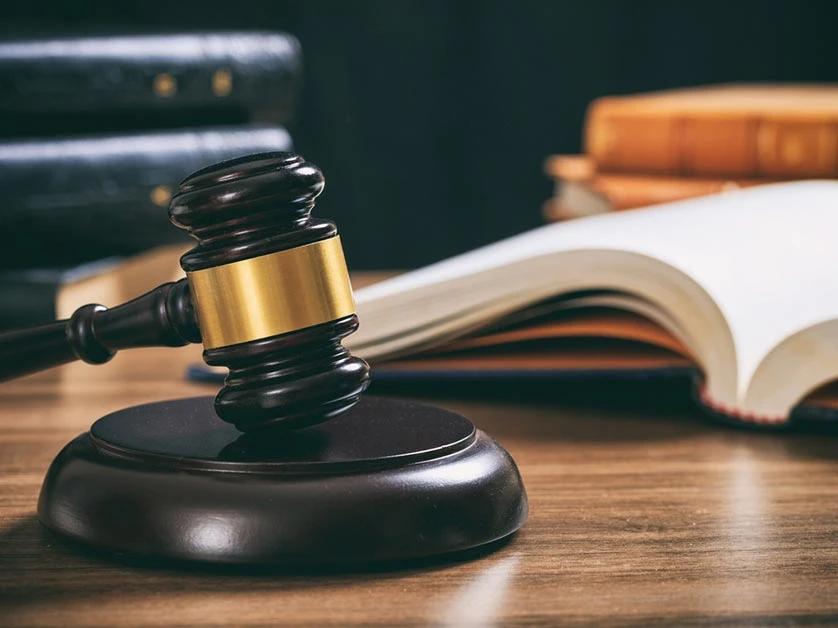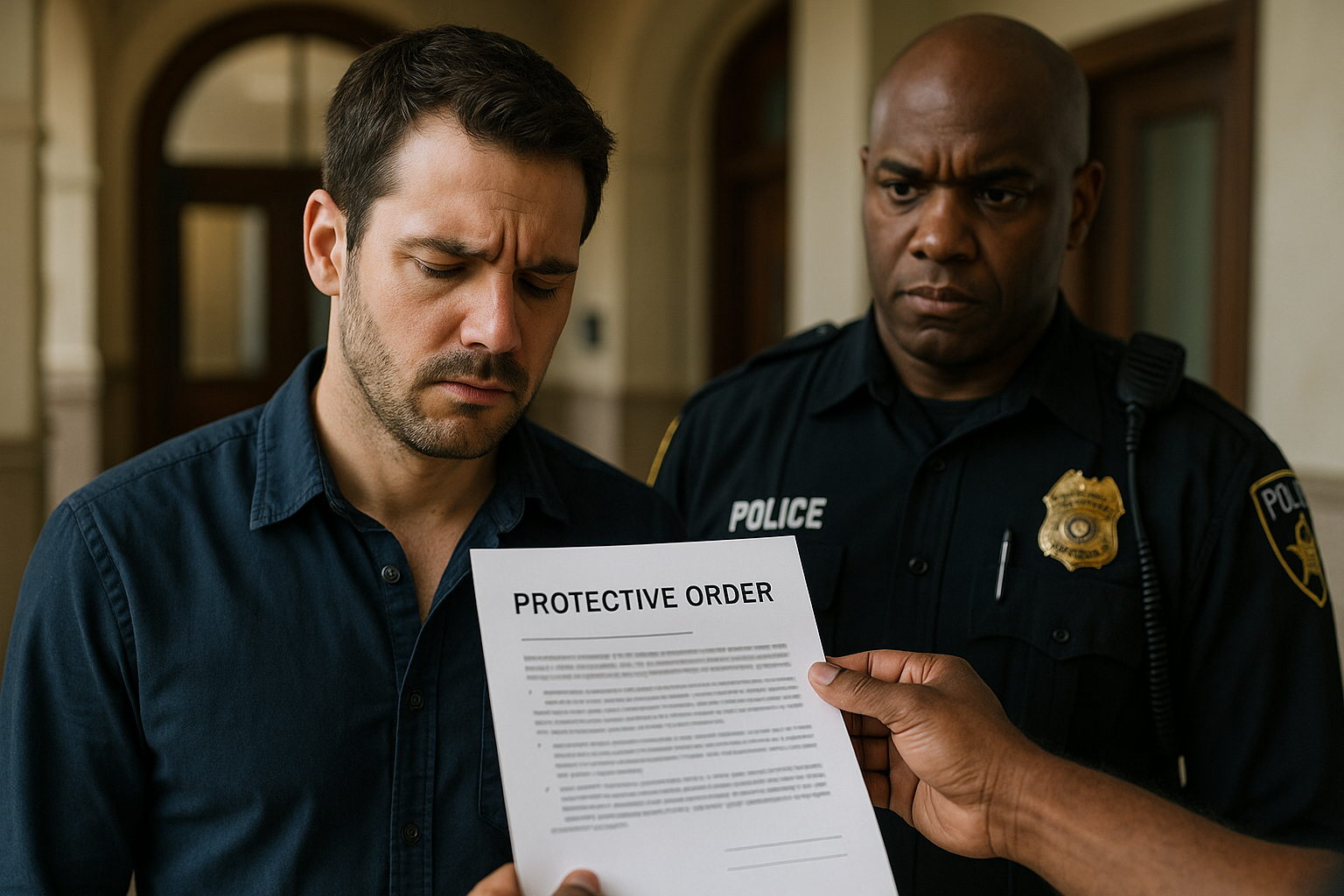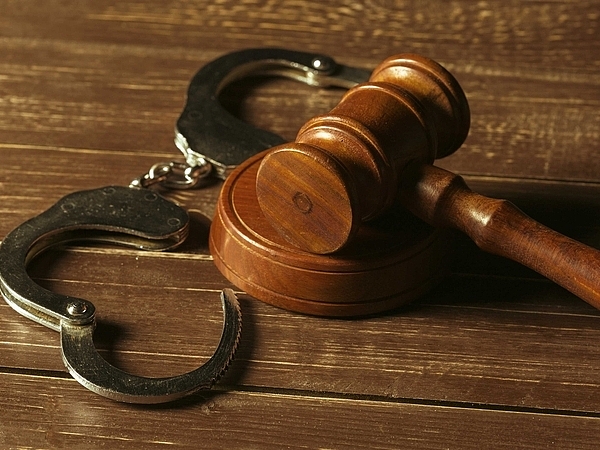Everything You Need to Know About the Case of Commonwealth V Sweeting Bailey
The case of Commonwealth v. Sweeting-Bailey has been a significant point of discussion within the legal community, especially for those concerned with racial justice and the application of reasonable suspicion standards in traffic stops in Massachusetts. In this blog post, Law Offices of Gary Churak delves into the intricate details of this case, exploring its implications for racial justice, the legal standards applied, and the reactions it has garnered.

The Background of the Case
On a regular traffic stop for an improper lane change in New Bedford, Massachusetts, police encountered several passengers, including Zahkuan Bailey-Sweeting. Subsequent actions taken by one of the passengers, Raekwan Paris, who exited the vehicle and confronted the officers, led to a series of events culminating in the discovery of a firearm on Sweeting-Bailey. Notably, the Superior Court and the Appeals Court upheld the decision to deny Sweeting-Bailey’s motion to suppress the firearm found, which Sweeting-Bailey claimed was discovered following an invalid pat-frisk.
Legal Interpretations and Implications
The Supreme Judicial Court’s fractured opinion highlighted various aspects of legal standards concerning pat-frisks and reasonable suspicion. Justice Cypher’s majority opinion underscored the significance of considering gang membership and prior involvements with firearms as part of the totality of circumstances analysis, albeit with caution on their weight.
The case brings to the forefront the contentious issue of utilizing subjective considerations, like gang affiliations and the notion of “high crime areas,” in justifying searches. Critics argue these practices perpetuate racial profiling and injustices, particularly against communities of color. The presence of dissenting opinions within the Supreme Judicial Court highlighted concerns regarding the potential for racial bias in police practices and the crucial need for empirical evidence to justify stops and searches.
Racial Justice Concerns and Criticisms
Commonwealth v. Sweeting-Bailey has ignited a debate over the intersection of reasonable suspicion, racial profiling, and community policing practices. Justice Gaziano’s dissent, for instance, underscores the broader societal and legal ramifications, stressing the need for individualized suspicion in law enforcement practices to avoid racial disparities. Furthermore, the considerable attention drawn by this case from civil rights advocates and legal scholars indicates a growing consensus on the need for revisiting and potentially revising legal frameworks to ensure fairness and impartiality in law enforcement.
The Role of Gang Databases
A significant point of critique arises from the reliance on gang databases, deemed by many as racially biased. The amicus brief against such databases highlights the problematic nature of labeling individuals as gang members based on subjective and often unreliable criteria. This has broader implications for how evidence is utilized in court to establish reasonable suspicion, with calls for more rigorous standards to safeguard against racial bias.
Legal and Community Reactions
The reaction from the legal community and civil rights advocates has been notably critical of the SJC’s decision. The concern centers on how these legal precedents could affect marginalized communities, potentially exacerbating systemic biases. Former SJC justices and legal scholars have voiced apprehension about the direction of Massachusetts’ judicial approach to racial justice and police discretion.
Contact Us Today
Balancing civil liberties, effective law enforcement, and the pursuit of justice requires a nuanced understanding of the law. If you are facing legal challenges or need expert advice on criminal defense, civil rights, or other legal concerns, let us help.
At the Law Offices of Gary Churak, we are committed to protecting your rights and providing personalized legal solutions tailored to your needs. Call us today at 210-545-3850 or complete our contact form to discuss how we can assist you.
‹ Back














